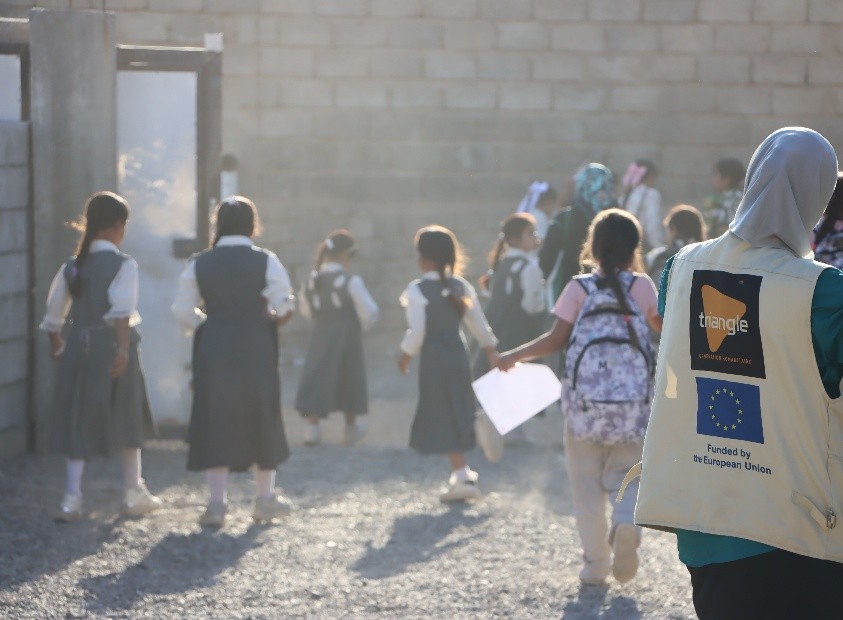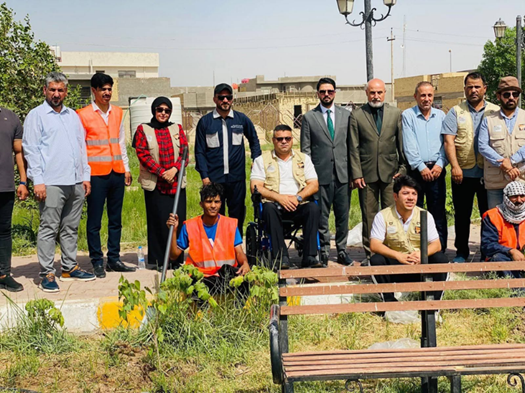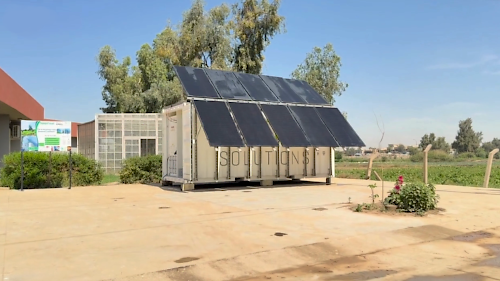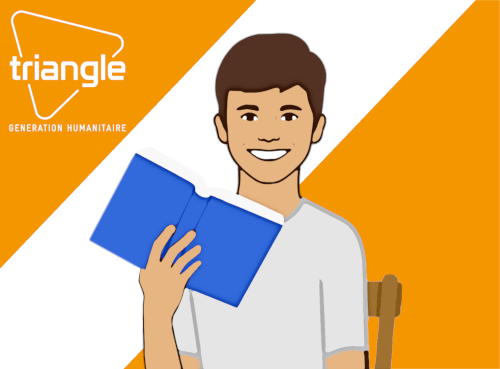Beneficiaries
12,235
Duration
01/08/21 > 30/09/22
Total budget
$950,000

Education & Protection
Funding

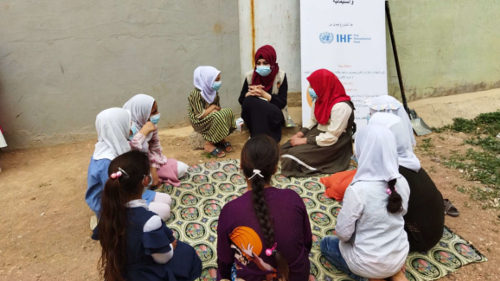
Programme details
Partners
- Justice Center (JC)
- Kurdistan Save the Children (KSC)
This programme is being carried out as part of a consortium with Justice Center (JC) and Save the Children Kurdistan (KSC).
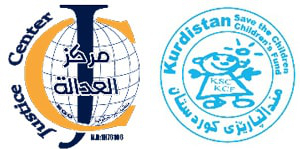
TGH, with its long experience in child protection and its expertise in child protection capacity-building activities, relies on its partner Kurdistan Save the Children (KSC) and its in-depth knowledge of the Sulaymaniyah context to provide the most appropriate response to child protection issues. Justice Center (JC) completes the intervention by ensuring that displaced people and returnees (including those in detention) receive the legal support they need to access fundamental rights and basic services.
TGH and KSC respond to child protection issues in identified locations by providing a comprehensive package of child protection activities. Both organisations run centres in their respective localities, where social guidance, psychosocial support (PSS), parenting sessions, child protection training and community-based child protection activities are provided. Both organisations also have mobile teams offering the same activities in other locations, including villages surrounding the urban areas covered.
JC is responsible for the legal component of the project in Nineveh. JC’s lawyers work in places of detention, coordinating with local police offices, as well as in detention centres where they already operate. They also work outside the camps, providing outreach services. They work closely with TGH child protection teams operating in the same areas (Til Keif and Rabia in Tel Afar) to ensure referrals and pooling of resources. Capacity building for KSC and JC by TGH is also an important component of the intervention, which aims to strengthen local skills in line with the strategy of localisation of aid and sustainability of action.
This is done through the development of a plan including, among other things, coaching or mentoring sessions for trainers, self-learning sessions and joint field visits. Support is also provided for the implementation of the Protection against Sexual Exploitation and Abuse (PSEA) policy.
